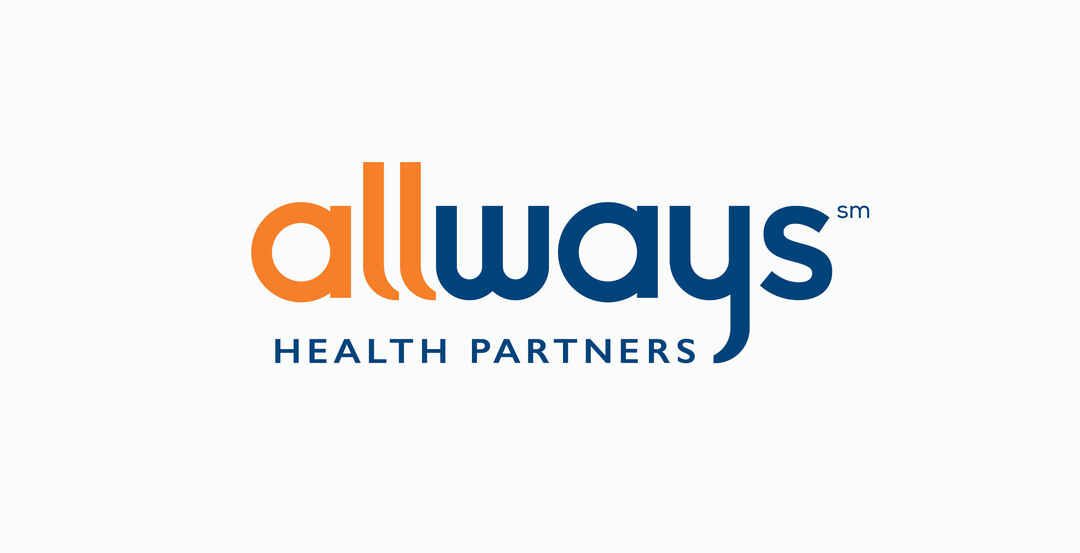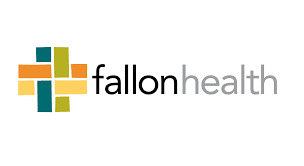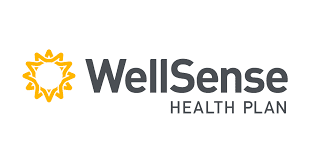About Green Mountain Treatment Center – Inpatient Drug Detox & Alcohol Rehab – Effingham
Green Mountain Treatment Center is a residential drug rehab program located on 77 acres in the White Mountains in Effingham, New Hampshire. They operate under the umbrella of Granite Recovery Centers. Their programs are for men and women who are 18 or older. They also offer treatment for co-occurring disorders.
The center is an in network provider for many major insurances. They also take Medicaid. Be sure and verify your insurance with them before you begin care.
If you don’t need any major medical intervention, you can get medical detox at the treatment center. They’re a licensed medical facility. Detox can be an uncomfortable process, but they’ll help ease your symptoms with medications. They give you 24 hour medical monitoring and a structured setting during detox. The process usually takes a few days but can take longer.
After detox, the staff determines whether you need long term or short term residential treatment. Long term treatment is 30 days or longer. Short term residential treatment is usually three to six weeks.
The residential treatment program offers a structured environment with therapy customized to your needs. You may engage in dialectical behavior therapy or cognitive behavioral therapy. Dialectical therapy helps you learn to manage your emotions, and cognitive behavioral therapy helps you with your thinking processes and leads to better problem solving abilities.
The treatment center also has a partial hospitalization program (PHP) and an intensive outpatient program (IOP). A PHP is good if you need a step down program after being in the residential program. It’s also good if you need a more structured program but don’t need the full residential program.
The IOP is less intensive and requires about 10 hours a week of treatment, including group and individual therapy. This program is great if you need help but you don’t need the intensity of the other programs.
All the programs at the center are CARF accredited. They use evidence based treatment modalities and address issues such as depression, grief, loss and trauma. They’ll help you understand your dual diagnosis so you can get your mental health and substance use issues under control.
























